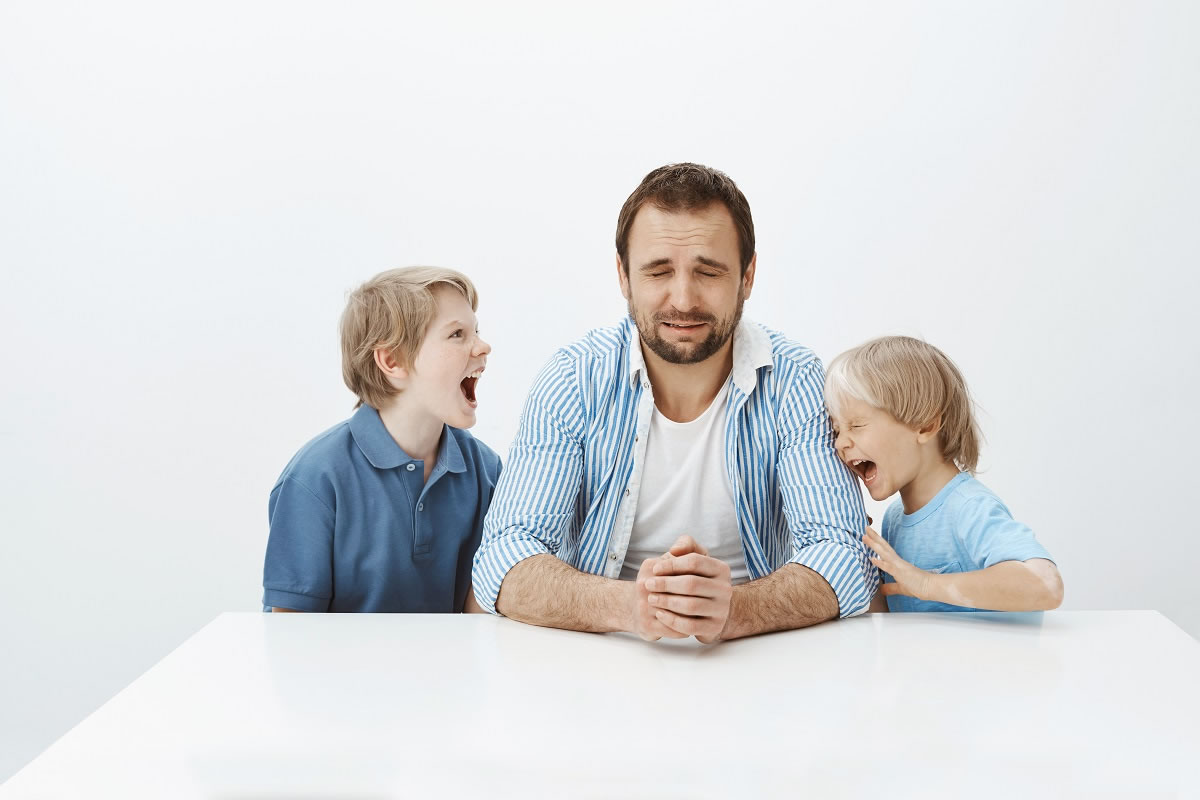
The role that a father plays in a child’s life is critical to their identity development. A father’s involvement in a child’s life from birth to adolescence and into young adulthood shapes how the child views themselves and the world around them. This self-awareness and world view is impacted by direct actions and indirect interactions that the father has with the child. Emotionally unavailable fathers have a negative impact on their children in many ways. These fathers often prioritize material things, other people, and their work over their children. They avoid emotional conversations with their children and do not facilitate a safe place for their children to discuss feelings. They often withhold or deny affection, approval, and positive regard leaving their children with unresolved emotions themselves.
If this hit close to home, it’s okay to pause here. Growing up with an emotionally unavailable father can leave lasting wounds—self-doubt, unmet needs, and emotions that never had a place to land. And for fathers, recognizing these patterns can bring guilt, confusion, or fear of doing more harm. None of this has to be permanent.
At Orlando Thrive Therapy, our therapists help individuals and families safely unpack these experiences, rebuild emotional connection, and learn healthier ways to relate—whether you’re healing from the past or trying to show up differently now. You don’t have to carry this alone. Reach out today to begin the healing process and create the emotional safety that was missing.
Generations of Fathers
Emotionally unavailable fathers often come from generations of fathers who are the same. Emotionally unavailable fathers who were raised by alcoholics have also been shown to lack emotional maturity in adulthood. Additionally, victims of child abuse, sexual abuse, and traumatic childhoods can also struggle with emotional availability with their own children. While these similarities exist in the background, they should not be used as excuses. They are not the burden of the child but unfortunately often repeat in familial cycles without intervention.
One way to counteract the repetition of these negative familial cycle patterns is to seek professional support. Through individual counseling, the child can start to separate their father’s actions from their own sense of self. Through this process, they will begin to understand that their self-worth is not predicted by any actions or inactions of their father. They can create self-importance through self-talk or accessing male role models that are outside of their home. This may be by way of a stepfather, grandfather, uncle, teacher, counselor, or coach. The most important thing for children of emotionally unavailable fathers is to recognize the actions they exhibit and determine if there is a willingness for the father to change.
Recognizing A Fathers Emotional Unavailability
If the following actions or issues have been addressed with the father and there is no change, there is still hope. Individual counseling is the best tool for helping a child recover from the emotional wounds of this type of parenting dynamic. The child should learn how to maintain emotional boundaries with their father, how to continue using self-affirmations for positive self-regard, and how to continue seeking support from positive external male role models. Adults of emotionally unavailable fathers may choose to limit contact or disengage from these relationships as a way of self-preservation and maintaining positive mental health.
What Are The 11 Signs of Emotionally Unavailable Fathers’?
- Being friendlier or more accommodating to neighbors before their immediate family
- Prioritizing work above their children and family
- Spending money on self-indulgent material things before the child’s needs
- Avoiding emotional connections with children/Minimizing a child's feelings
- Refusing accountability and blaming the child for issues
- Ignoring the emotional requests of the child for connection/acceptance/approval
- Substance Use
- Choosing a Spouse over a child
- Lack of Involvement in Children’s Activities or Interests
- Negative Verbal Communication
- Criticism or lack of enthusiasm for Children’s Interests/Unique Personality Traits
Emotionally unavailable fathers can change with the right intervention and willingness. Too often they ignore the requests of their children for more time spent, more emotional connections, and more attention. These fathers have often been raised in similar ways and lack self-awareness necessary for change. They have often gotten into a habit of making excuses for their behavior and justify their actions to avoid facing their own feelings. In some cases, they blame their children and place responsibility on their children to be the “adult” in their relationship. In any and all of these instances, the child is innocent and should not be caught in this negative cycle of emotional immaturity.
How To Help
If you’re already showing up someone affected by an emotionally unavailable father, what you’re doing matters more than you may realize. But you don’t have to carry this responsibility alone. Professional support can make a lasting difference.
At Orlando Thrive Therapy, our counselors provide a safe, steady space where young adults can process these experiences, build emotional resilience, and break unhealthy patterns before they’re repeated. If you’re advocating for someone who deserves support and healing, reach out today to schedule a confidential consultation or call (407) 592-8997. One step now can change the course of their future.
